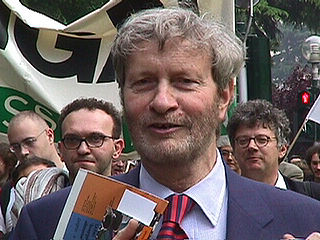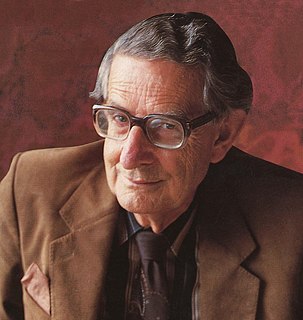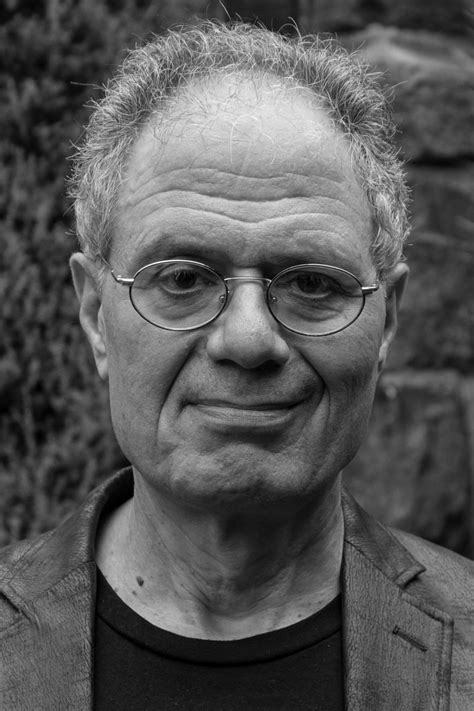A Quote by Gianni Vattimo
Amongst the many definitions, there is one that may be generally agreed upon: modernity is the epoch in which simply being modern became a decisive value in itself.
Related Quotes
There is a quality of lightness, easiness, and in some sense blatant unseriousness that pervades Classical Christianity's dialogue with modernity. The Christian intellect has no reason to be intimidated in the presense of later-stage modernity. Christianity has seen too many 'modern eras' to be cowed by this one.
Modernity is the ensemble of changes - intellectual, political, economic, social, cultural, technological, aesthetic - that have altered the world drastically since roughly the 17th century, until which time the world was, in the above respects, far less different from the world of any previous epoch of recorded history than it is from the world of today. The modern predicament is the set of problems these changes have bequeathed us.
Faith is not an art. Faith is not an achievement. Faith is not a good work of which some may boast while others can excuse themselves with a shrug of the shoulders for not being capable of it. It is a decisive insight of faith itself that all of us are incapable of faith in ourselves, whether we think of its preparation, beginning, continuation, or completion.
I am because the Chinese have agreed - entered into this agreement in 1997. It sets out the circumstances in which the release of a prisoner who is the subject of a transfer may occur in exceptional circumstances. So the Chinese, having agreed to those principles, I'm sure have no objection to them being applied in this particular case.


































